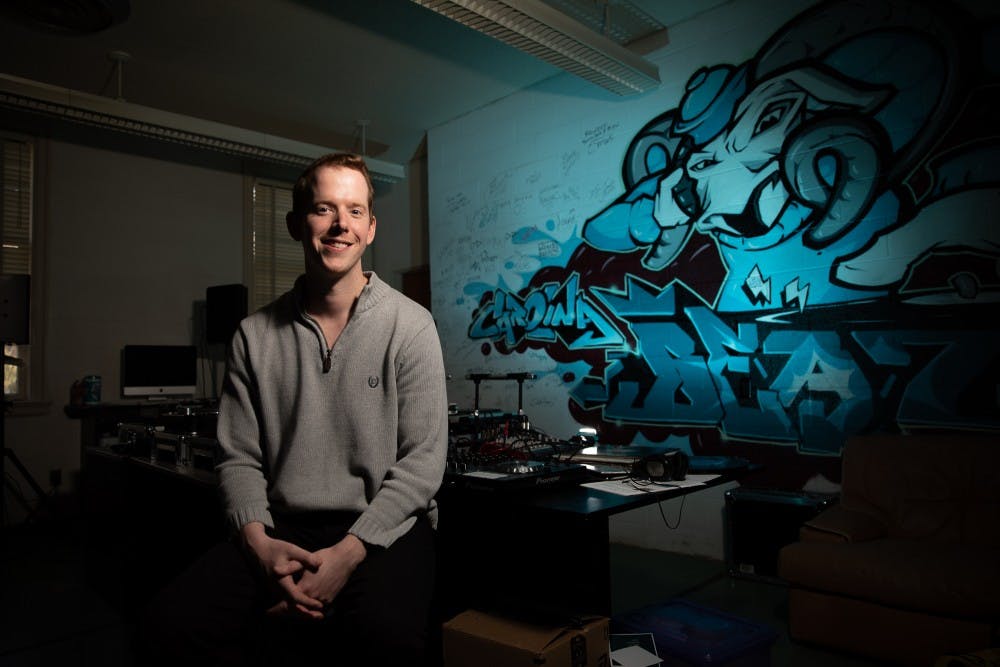In June 2018, the popular rock band Panic! At the Disco released the song “King of The Clouds” as the second promotional single from their album Pray for The Wicked. The song, which reached a position of 11 on the Billboard Hot Rock Songs Chart, was co-produced by Alex Kresovich, a Ph.D. candidate in UNC’s School of Media and Journalism.
Before coming to UNC, Kresovich worked as a producer for artists such as Cee Lo Green and X Ambassadors, and was part of Cut Buddy, a beard and haircut template startup that appeared on "Shark Tank." Daily Tar Heel staff writer Jackson Byrne talked to Kresovich about producing for Panic! At the Disco and his research at UNC.
The Daily Tar Heel: The song has been pretty successful. Have a lot of things changed for you since then?
Alex Kresovich: Oh yeah. Everyone treats me completely differently. What’s funny about it is nothing about me changed, necessarily. When all of the sudden you get a new title or something, people treat you completely differently, but I had done the original track two years before that. So I’m like, “I was this good back then, too.”
But in the industry, every stereotype you hear is true. It's like everyone is really nice all the sudden. People give me free things and stuff. They’re like, “Drinks are on the house tonight,” and I’m like, “This would’ve been way better when I had like no money.” So yeah, things are different, but I’m not in LA full-time anymore, so I’m not in the hurricane of it, which I’m pretty thankful for.
DTH: You’ve also done some hip-hop production. Is that a different process?
AK: Actually, the original track for Panic! was a hip-hop beat. I never would’ve picked it for them in a million years, which is the genius of Evan Taubenfeld, and Jake Sinclair, Brendon (Urie) and Sam Hollander who wrote on it. I don’t know how the hell they heard it as a rock song. They added live drums and guitars over the skeleton I built and I was like, "Oh my god, this is incredible."
But my whole background was hip-hop. If you would’ve told me in like, 2005, when they put out "I Write Sins Not Tragedies," that I was gonna write for them, I would be like, “No, that doesn’t make any sense.” But the world works in mysterious ways I guess.
DTH: Tell me a little bit about the work you’re doing as a Ph.D. candidate here at UNC.




